A team of scientists successfully achieved 53% reverse aging in old rats with blood plasma from young rats, in an astounding leap forward for the erstwhile-controversial aging field of study.
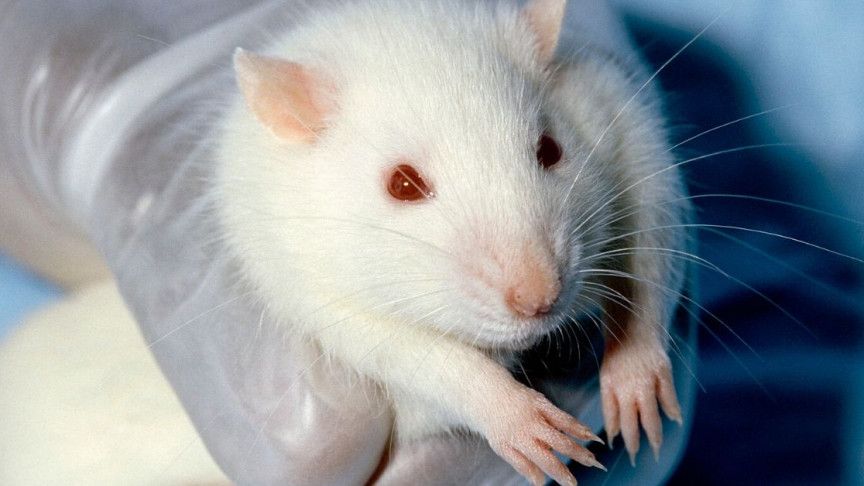

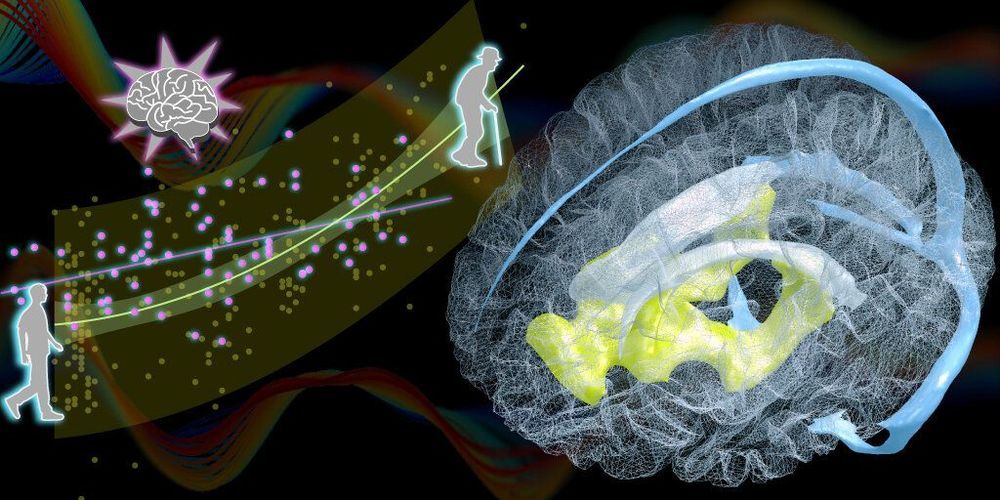
Researchers at the RIKEN Center for Biosystems Dynamics Research (BDR) in Japan have identified changes in the aging brain related to blood circulation. Published in the scientific journal Brain, the study found that natural age-related enlargement of the ventricles—a condition called ventriculomegaly—was associated with a lag in blood drainage from a specific deep region of the brain. The lag can be detected easily with MRI, making it a potential biomarker for predicting ventriculomegaly and the aging brain, which can then be treated quickly.
Ventriculomegaly is an abnormal condition in which fluid accumulates in the ventricles of the brain without properly draining, making them enlarged. Although ventricular enlargement within normal range is not itself considered a disease, when left unchecked it can lead to ventriculomegaly and dementia resulting from normal pressure hydrocephalus. In their study, the team found that ventriculomegaly was associated with changes in blood circulation of the brain. “We found an age-related perfusion timing shift in the brain’s venous systems whose lifespan profile was very similar to, but slightly preceded that of ventricular enlargement,” explains first author Toshihiko Aso.
After blood circulates through the brain providing necessary oxygen, the deoxygenated blood must return to the heart though our veins. This happens through two pathways, one draining blood from regions close to the surface of the brain, and the other from areas deep in the brain. By using MRI to measure changes in blood flow, the team at BDR recently found that as we age, the time it takes for blood to drain through these two pathways becomes out of sync. The result is a time lag between the deep drainage pathway and the surface pathway, which increases with age.
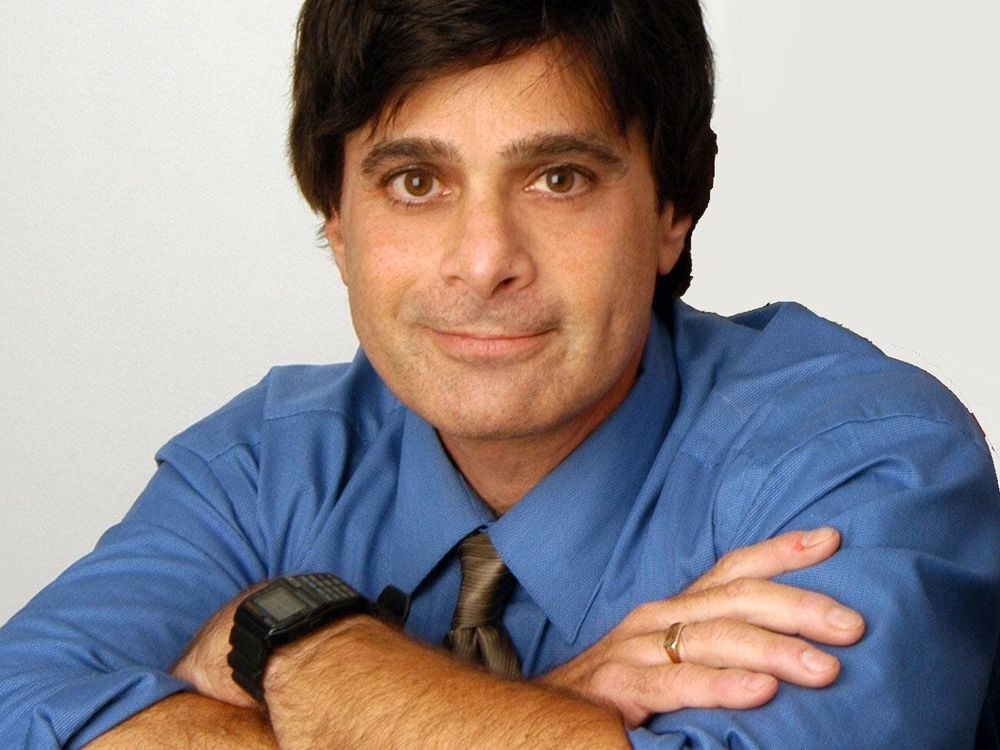
Scientists at Sanford Burnham Prebys Medical Discovery Institute and Loma Linda University Health have demonstrated the promise of applying magnetic resonance imaging (MRI) to predict the efficacy of using human neural stem cells to treat a brain injury—a first-ever “biomarker” for regenerative medicine that could help personalize stem cell treatments for neurological disorders and improve efficacy. The researchers expect to test the findings in a clinical trial evaluating the stem cell therapy in newborns who experience a brain injury during birth called perinatal hypoxic-ischemic brain injury (HII). The study was published in Cell Reports.
“In order for stem cell therapies to benefit patients, we need to be thoughtful and scientific about who receives these treatments,” says Evan Y. Snyder, M.D., Ph.D., professor and director of the Center for Stem Cells and Regenerative Medicine at Sanford Burnham Prebys, and corresponding study author. “I am hopeful that MRI, which is already used during the course of care for these newborns, will help ensure that infants who experience HII get the best, most appropriate treatment possible. In the future, MRI could help guide the use of stem cells to treat—or in some instances, not treat—additional brain disorders such as spinal cord injury and stroke.”
Scientists now understand that, in many instances, human neural stem cells are therapeutic because they can protect living cells—in contrast to “re-animating” or replacing nerve cells that are already dead. As a result, understanding the health of brain tissue prior to a stem cell transplant is critical to the treatment’s potential success. Tools that help predict the efficacy of neural stem cell therapy could increase the success of clinical trials, which are ongoing in people with Parkinson’s disease, spinal cord injury and additional neurological conditions, while also sparing people who will not respond to treatment from an invasive procedure that offers false hope.
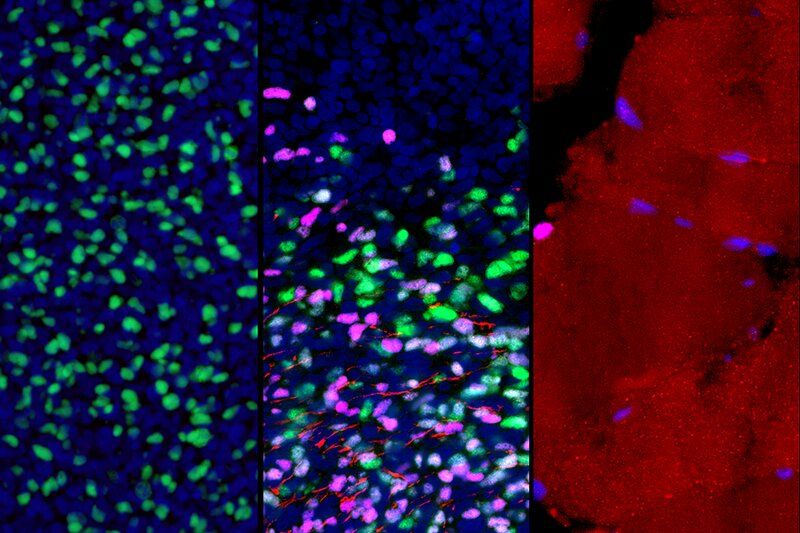
An interdisciplinary team of researchers at the Eli and Edythe Broad Center for Regenerative Medicine and Stem Cell Research at UCLA has developed a first-of-its-kind roadmap of how human skeletal muscle develops, including the formation of muscle stem cells.
The study, published in the peer-reviewed journal Cell Stem Cell, identified various cell types present in skeletal muscle tissues, from early embryonic development all the way to adulthood. Focusing on muscle progenitor cells, which contribute to muscle formation before birth, and muscle stem cells, which contribute to muscle formation after birth and to regeneration from injury throughout life, the group mapped out how the cells’ gene networks—which genes are active and inactive—change as the cells mature.
The roadmap is critical for researchers who aim to develop muscle stem cells in the lab that can be used in regenerative cell therapies for devastating muscle diseases, including muscular dystrophies, and sarcopenia, the age-related loss of muscle mass and strength.

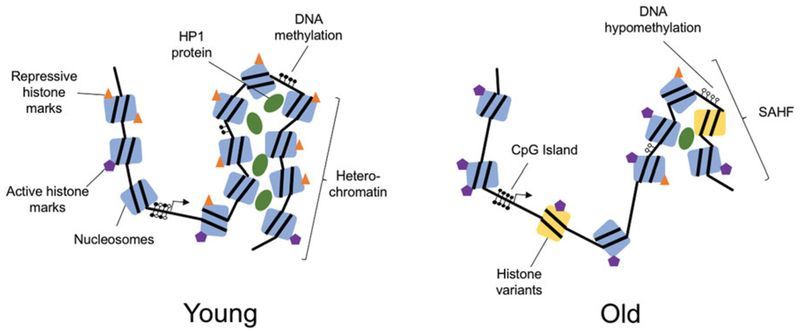
If you are interested in age reversal, and you haven’t read Dr David Sinclair (Harvard Medical School) yet, then I’d recommend this research paper.
“Excitingly, new studies show that age-related epigenetic changes can be reversed with interventions such as cyclic expression of the Yamanaka reprogramming factors. This review presents a summary of epigenetic changes that occur in aging, highlights studies indicating that epigenetic changes may contribute to the aging process and outlines the current state of research into interventions to reprogram age-related epigenetic changes.”
The aging process results in significant epigenetic changes at all levels of chromatin and DNA organization. These include reduced global heterochromatin, nucleosome remodeling and loss, changes in histone marks, global DNA hypomethylation with CpG island hypermethylation, and the relocalization of chromatin modifying factors. Exactly how and why these changes occur is not fully understood, but evidence that these epigenetic changes affect longevity and may cause aging, is growing. Excitingly, new studies show that age-related epigenetic changes can be reversed with interventions such as cyclic expression of the Yamanaka reprogramming factors. This review presents a summary of epigenetic changes that occur in aging, highlights studies indicating that epigenetic changes may contribute to the aging process and outlines the current state of research into interventions to reprogram age-related epigenetic changes.
The term “epigenetics” is thrown around a lot. Originally, it was coined to describe heritable changes that were non-mendelian, but use of the term has evolved. These days, “epigenetics” more generally refers to all non-genomic information storage in cells including gene networks, chromatin structure and post-translational modifications to histones. With aging, there are distinct changes across the epigenome from DNA modifications to alterations in global chromatin organization. But key questions remain unanswered: How and why do these changes occur? Do these changes drive disease and aging? Are they reversible?
Genomic organization is determined by the complex structure of chromatin ( Figure 1 ). The basic unit of chromatin is the nucleosome, which is made up of 147 DNA base pairs wrapped around an octamer of histone proteins. This octamer usually comprises two copies each of H2A, H2B, H3 and H4 (Luger et al. 1997; Hansen 2002). Within nucleosomes, both histones and the DNA itself are subject to a range of chemical modifications that affect the chromatin structure and ultimately the expression of genes. Chromatin falls into one of two major subtypes: euchromatin, in which the chromatin is open and transcriptionally active and heterochromatin, in which the chromatin is tightly closed and transcriptionally silent (Wallrath 1998; Grewal and Moazed 2003). Regulating the epigenetic network are factors that modify chromatin including DNA- and histone-modifying enzymes, transcription factors, and the more recently identified noncoding RNAs (ncRNAs).

Neuroplasticity is the brain’s ability to change under the influence of experience and activities. Several aspects of neuroplasticity are noteworthy: neurogenesis (development of new nerve cells) and synaptogenesis (development of new contacts between nerve cells) among them. Neuroplasticity used to be thought of as a limited phenomenon, mostly restricted to the early years of life. More recently it has been demonstrated that neuroplasticity continues throughout life, even in advanced age. This provides the conceptual basis for a wide range of therapeutic efforts aiming to slow the detrimental effects of aging on the brain and to treat various brain disorders.
What are the factors influencing neuroplasticity? The question is compelling both as a scientific challenge and because of the therapeutic promise of neuroplasticity once we know how to control and harness it. Among such factors, the environmental factors influencing neuroplasticity are particularly intriguing. It turns out that a strong relationship exists between what people do with their brains and how their brains age.
Both anecdotal observations and formal research suggest that education confers a protective effect against dementia. Highly educated people are less likely to succumb to its effects. Robert Katzman was the first to note that the prevalence of dementia, including Alzheimer’s disease, is lower in people with advanced education. The MacArthur Foundation Research Network on Successful Aging sponsored a study of the predictors of cognitive change in older persons. Education emerged as by far the most powerful predictor of cognitive vigor in old age.
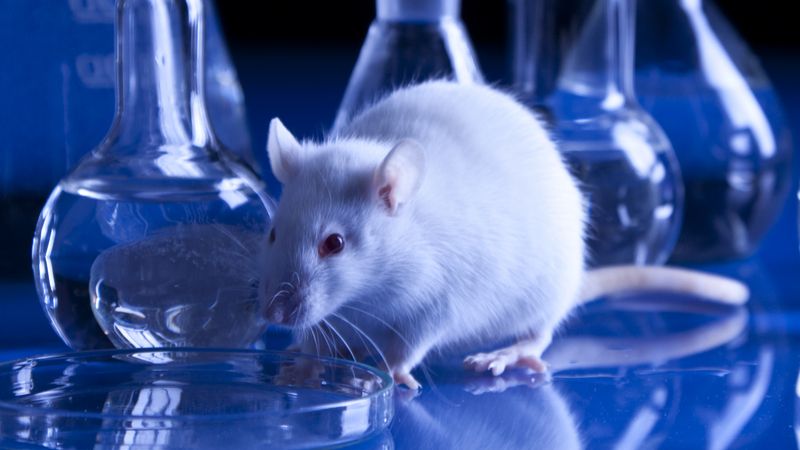
Crucially, plasma treatment of the old rats reduced the epigenetic ages of blood, liver and heart by a very large and significant margin, to levels that are comparable with the young rats. According to the six epigenetic clocks, the plasma fraction treatment rejuvenated liver by 73.4%, blood by 52%, heart by 52%, and hypothalamus by 11%. The rejuvenation effects are even more pronounced if we use the final versions of our epigenetic clocks: liver 75%, blood 66%, heart 57%, hypothalamus 19%. According to the final version of the epigenetic clocks, the average rejuvenation across four tissues was 54.2%.
Researchers have demonstrated that epigenetic age can be halved in rats by using signals commonly found in the blood.
Epigenetic changes
One of the proposed reasons we age are the changes to gene expression that our cells experience as we get older; these are commonly called epigenetic alterations. These alterations harm the fundamental functions of our cells and can increase the risk of cancer and other age-related diseases.
Young blood plasma is known to confer beneficial effects on various organs in mice. However, it was not known whether young plasma rejuvenates cells and tissues at the epigenetic level; whether it alters the epigenetic clock, which is a highly-accurate molecular biomarker of aging. To address this question, we developed and validated six different epigenetic clocks for rat tissues that are based on DNA methylation values derived from n=593 tissue samples. As indicated by their respective names, the rat pan-tissue clock can be applied to DNA methylation profiles from all rat tissues, while the rat brain-, liver-, and blood clocks apply to the corresponding tissue types. We also developed two epigenetic clocks that apply to both human and rat tissues by adding n=850 human tissue samples to the training data. We employed these six clocks to investigate the rejuvenation effects of a plasma fraction treatment in different rat tissues. The treatment more than halved the epigenetic ages of blood, heart, and liver tissue. A less pronounced, but statistically significant, rejuvenation effect could be observed in the hypothalamus. The treatment was accompanied by progressive improvement in the function of these organs as ascertained through numerous biochemical/physiological biomarkers and behavioral responses to assess cognitive functions. Cellular senescence, which is not associated with epigenetic aging, was also considerably reduced in vital organs. Overall, this study demonstrates that a plasma-derived treatment markedly reverses aging according to epigenetic clocks and benchmark biomarkers of aging.
Several authors are founders, owners, employees (Harold Katcher and Akshay Sanghavi) or consultants of Nugenics Research (Steve Horvath and Agnivesh Shrivastava) which plans to commercialize the “Elixir” treatment. Other authors (Kavita Singh, Shraddha Khairnar) received financial support from Nugenics Research. The other authors do not have conflict of interest.
Your cells teem with small machinery and devices of all kinds, including teeny tiny batteries called mitochondria. Just like real batteries, they can malfunction, but replacing them isn’t that easy. In this episode, Veera explains what happens to our microbatteries with aging and what we can do about it.